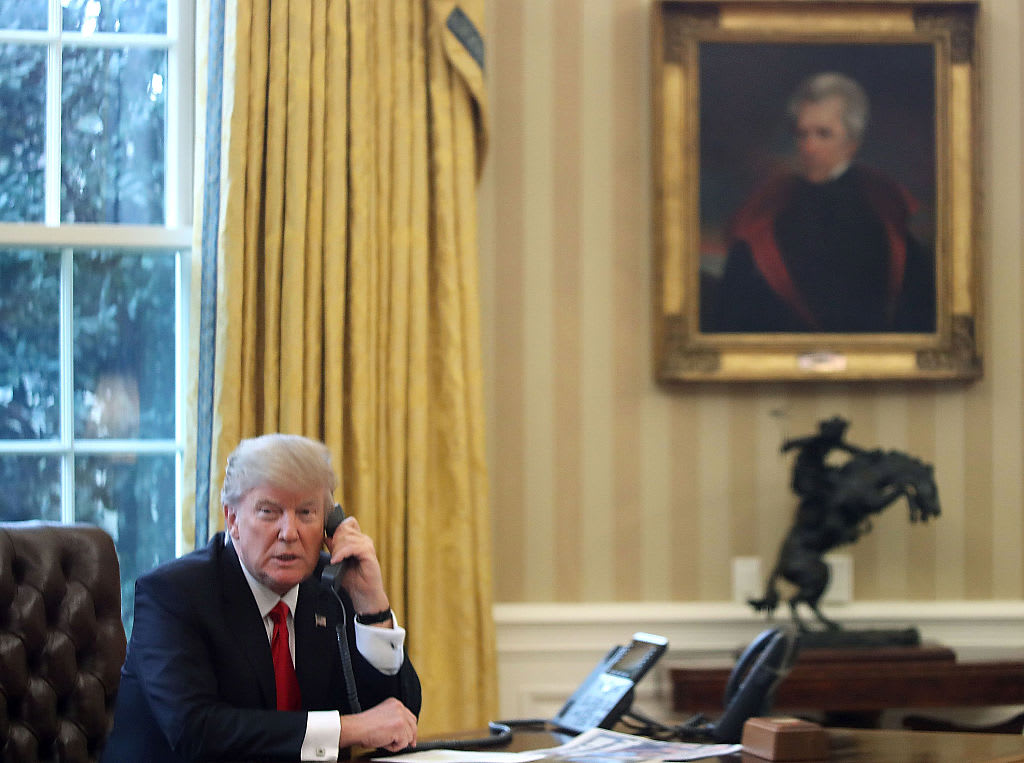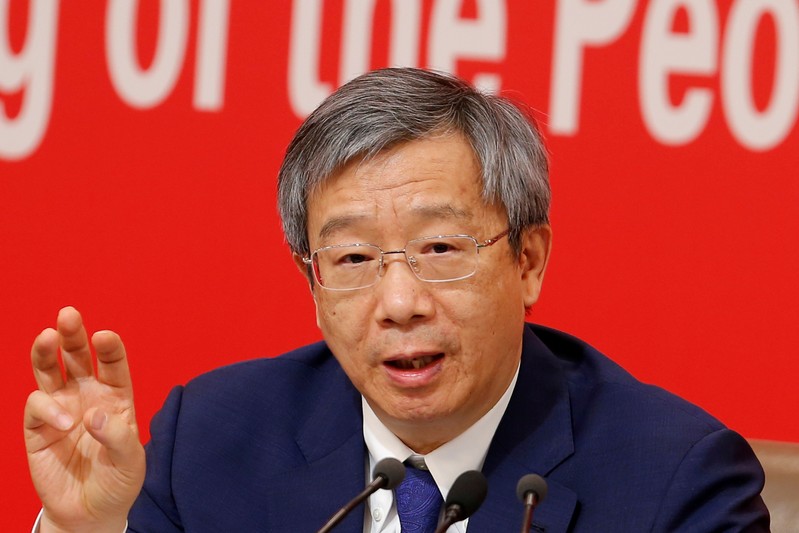
After an opening week of testimony from diplomats who described how U.S. policy towards Ukraine came to be dominated by President Donald Trump’s political goals, the House Intelligence Committee on Tuesday will shift its focus to Trump’s July 25 phone call with Ukraine’s president, during which Trump asked him to investigate Trump’s political rivals.
Four witnesses are scheduled to testify in two separate hearings over the course of the day, beginning at 9 a.m. ET. The first hearing will feature testimony from Lt. Colonel Alex Vindman, a Ukraine expert at the National Security Council, and Jennifer Williams, a European security expert working for Vice President Mike Pence. Following Vindman and Williams, the former top Russia and Europe expert at the NSC, Tim Morrison, will testify, along with Trump’s former special envoy to Ukraine, Kurt Volker.
Three out of these four, Morrison, Williams, and Vindman, were part of the small cadre of White House staffers who listened to Trump’s phone call on July 25 with the newly elected Ukrainian president, Volodymyr Zelenzkiy.
The call prompted an anonymous whistleblower complaint from an intelligence analyst who expressed concerns that Trump’s request for Ukraine to conduct specific investigations into American citizens posed a threat to U.S. national security.
Vindman has already testified behind closed doors that he thought the president’s request was “improper,” and that he reported his concerns to the NSC’s top lawyer. Vindman also testified that the White House transcript of the call left out key lines. They included an unfounded claim Trump made to Zelenskiy about former Vice President Joe Biden, and a specific reference Zelenskiy made to Burisma, a Ukrainian energy company which once employed Biden’s son Hunter.
Vindman is an Army Lieutenant Colonel who received a Purple Heart after he was wounded in action during the Iraq War. Nonetheless, Republicans have signaled that they plan to attack Vindman’s personal motives for testifying and question his patriotism.
On the eve of Vindman’s testimony, Wisconsin Republican Sen. Ron Johnson accused Vindman, without evidence, of being part of an anti-Trump “deep state” conspiracy. Johnson also wrote in a public letter he released Monday night that it was “entirely possible” that Vindman “fit the profile” of someone “participating in the ongoing effort to sabotage [Trump’s] policies and, if possible, remove him from office.”
Testifying alongside Vindman Tuesday will be Williams, who is expected to say that she, like Vindman, thought Trump’s demand for investigations from Ukraine during the July call was “unusual and inappropriate.”
Williams is likely to face less aggressive questioning from Republicans than Vindman will, given that she was less involved in Ukraine policy at the White House than Vindman was. Republicans could even use her testimony to argue that Pence was largely removed from the Ukraine pressure campaign, thereby suggesting that the effort was confined to a few individuals, and not widespread administration policy.
Tuesday afternoon will feature testimony from Morrison and Volker, two of the only individuals testifying this week whose names were on a list of witnesses requested by Republican members of the committee.
A longtime Republican congressional staffer before he joined the White House, Morrison resigned from the NSC last month, one day before he testified behind closed in the impeachment probe. Morrison is one of the only witnesses interviewed so far who says he did not hear Trump say anything “improper” during the July 25 call.
While Republicans are likely to use Morrison’s characterization of the call as a springboard to defend Trump, Morrison is also expected to testify that there were clearly defined conditions placed on the U.S. aid to Ukraine: Namely, funds would remain on hold until Ukraine announced investigations into Biden and the Democratic National Committee.
The fourth witness will be Kurt Volker, Trump’s former special envoy to Ukraine. Like Morrison, Volker resigned from the Trump administration shortly before he gave testimony to House investigators on Oct. 4.
Volker and Sondland, together with Energy Secretary Rick Perry, were dubbed “the three amigos,” and specifically tasked by the president to work with his personal lawyer, Rudy Giuliani, to convince Ukraine’s government to publicly announce it would investigate possible wrongdoing by the Bidens and the DNC.
Volker also turned over hundreds of text messages to investigators, including correspondence he had with Sondland, with both Sondland and Giuliani, and with various Ukrainian officials.
In the weeks since Volker first testified, however, a string of officials has given accounts of what happened in Ukraine that contradict key claims Volker made in his sworn testimony.
The conflicting testimonies have raised serious questions about whether Volker withheld information from investigators during his deposition, and whether he plans to use Tuesday’s hearing to correct or amend his prior testimony.
For example, Volker claimed in his original testimony, “At no time was I aware of or took part in an effort to urge Ukraine to investigate former Vice President Biden.”
Since then, however, at least a half dozen witnesses have said Volker was absolutely aware of the secretive effort to get Ukraine to investigate the Bidens, Burisma, and the 2016 U.S. elections. Witnesses have also said that Volker took part in the effort, even though he often remarked that he would rather not have to deal with Giuliani and Sondland.
One of the people who recalled speaking to Volker about the pressure campaign will be sitting next to him on Tuesday: Tim Morrison.
In his closed-door deposition, Morrison said he spoke to Volker more than once, specifically, about the shadow diplomatic effort underway in Ukraine. Morrison said Volker and he both agreed the pressure campaign was not a good thing, per se, but they were open to doing whatever was necessary to convince Trump to release the frozen aid money to Ukraine.
Volker is expected to face aggressive questioning by Democrats Tuesday on the discrepancies between his explanation of what he knew about the president’s intention, and what others say they discussed with him about it.

